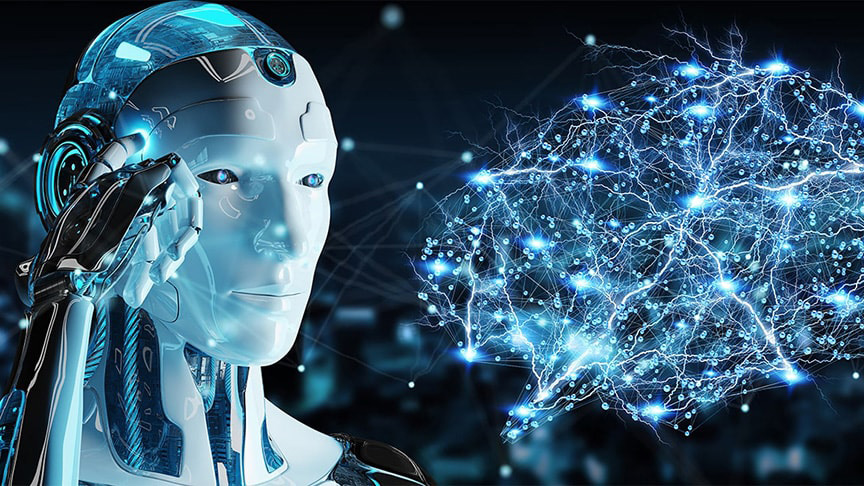
The material of the special workshop conference organized by the Social Science, Communication and Information Committee of the Hungarian National Commission for UNESCO, the Institute of Advanced Studies Kőszeg and the Eötvös College of the University of Szeged became available only in Hungarian.
What is human-centered artificial intelligence?
- Development and use of algorithms, sensors, and robots, the primary and direct goal of which is not production, manufacturing, technology, or scientific knowledge, but to support the quality of human life, the preservation of health, and the organization of social relations.
For the two panel discussions on the topic, which can be used in higher education and has many messages for researchers and practitioners, we made some key findings and highlighted the provocative issues:
- Why should artificial intelligence be considered the fourth major shock in the history of thought?
- Artificial intelligence is an anthropological problem, even if it seems like technology. And it is no longer about the technical solution of a (some) human ability limit, but about human nature, the human essence.
- Even if there are those who see people becoming more and more “mechanized” as if the human essence is starting to disappear. Machines, on the other hand, become humanized, as if human essence were beginning to move into machine matter.
- But artificial intelligence cannot think, attribute meaning. This cannot be triggered by an algorithm. All human experiences must be mobilized to convey meaning.
- Ethical content/expectations cannot be translated into code. We, humans, are legally responsible for our decisions, artificial intelligence is not The decision is a delegated human intention, in the technical environment
- Artificial intelligence without data is like a car without gasoline
- How to audit datasets? How will a dataset be biased or discriminated against? Reliability must prevail throughout the life cycle of artificial intelligence
- Whatever local data host and data mass we enter into global data space, they become a common good.

